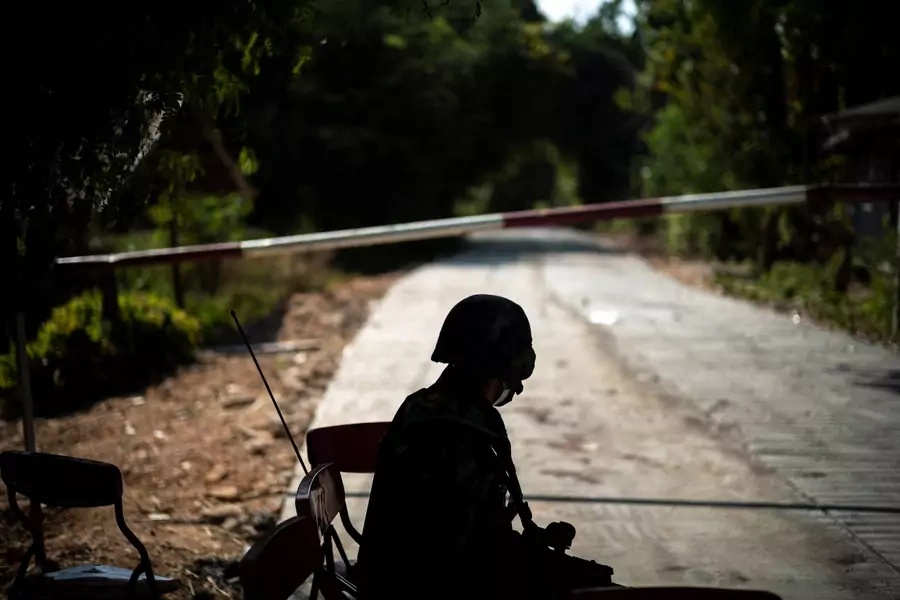The Return of Coups and Military Power: A Rising Danger

In the 2000s and early 2010s, South and Southeast Asia made significant democratic progress. Countries including Bangladesh, Indonesia, the Philippines, Sri Lanka, Thailand, and Timor-Leste became solid democracies or made transitions in that direction. But in the past decade, South and Southeast Asia have suffered some of the sharpest democratic regressions of any regions.
No one factor has caused South and Southeast Asia’s democratic regression. Yet the revival (or in some places the continuance) of military interference in civilian governance has become an important factor in democracy’s retreat. This regional trend was capped in February 2021, when the Myanmar armed forces seized power. Yet that coup was only the most visible sign of the revival of military political power in the region.
More on:
This military revival, like the broader global democratic regression, is part of an international trend. Around the world, more coups were attempted in 2021 than in the prior five years combined, according to a database compiled by the University of Central Florida and the University of Kentucky. In Africa alone, there has been a rash of coups in the past year, and may well be more in 2022. Yet the resurgence of military political power is particularly notable in Southeast Asia, given that many of the states of the region had previously advanced toward becoming consolidated democracies.
The effects of renewed military meddling on democracies, societies, and economies are almost uniformly negative. They halt democratization, spark significant bloodshed, and create governments that are terrible at ruling. They also potentially prompt coups in neighboring states and hurt democratization within an entire region. Overall, the return of military involvement in governing in the region will set back democracy by years, foster violence, and likely impede economic development.
For more on the effects of military rule, see my new CFR Discussion Paper here.
More on:
 Online Store
Online Store